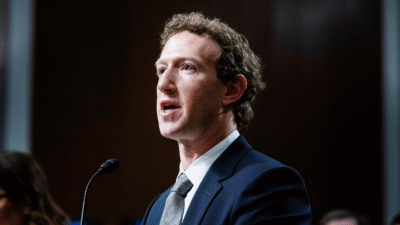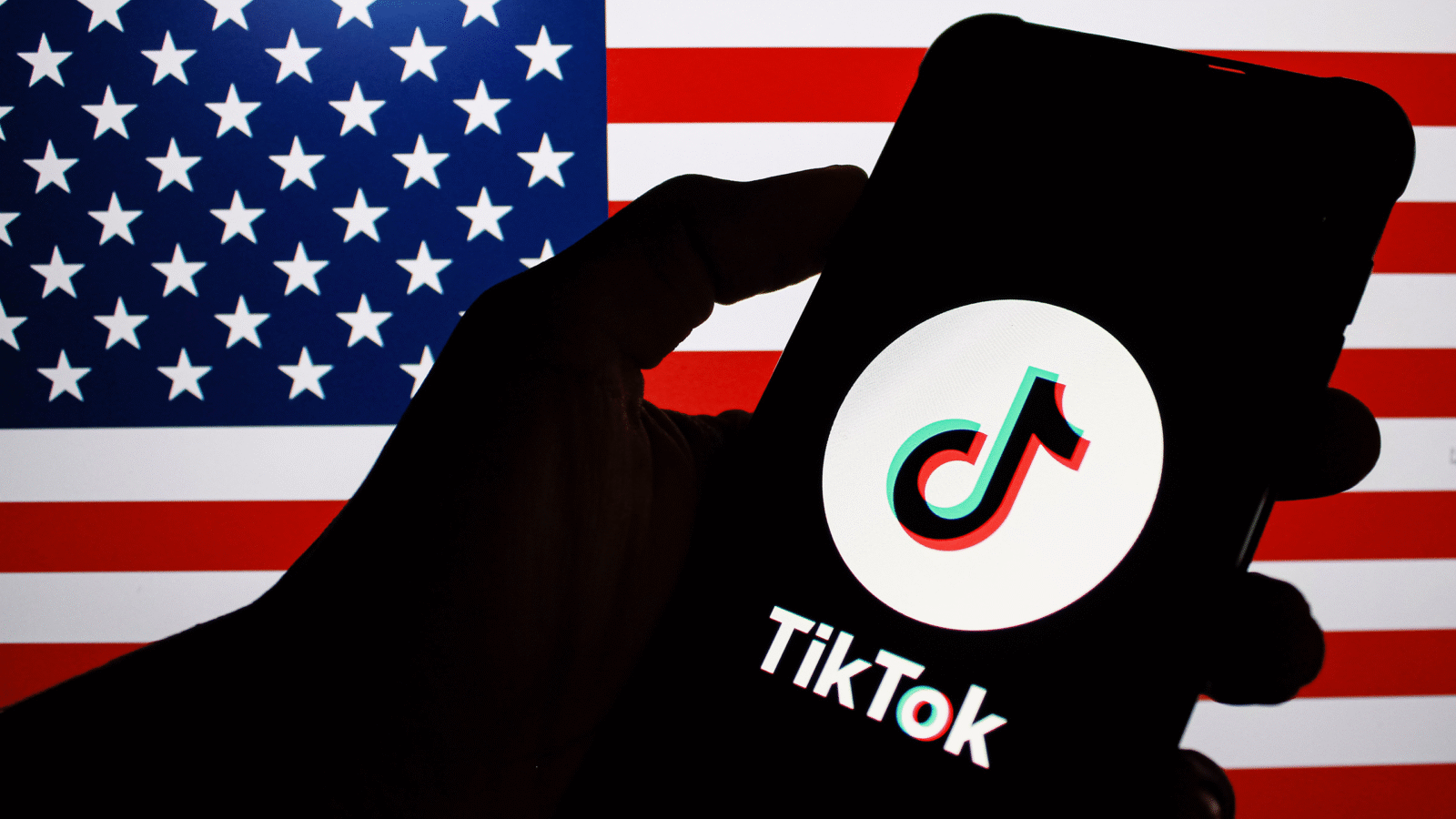The DOJ is Coming After Adobe’s Subscription Business
Adobe got slapped Monday with a lawsuit from the Department of Justice over its allegedly deceitful practices in its subscription business.

Sign up for smart news, insights, and analysis on the biggest financial stories of the day.
Adobe’s image takes a hit.
Just days after recording its biggest stock market rally in four years — thanks in part to a successful subscription business — Adobe got slapped Monday with a lawsuit from the US Department of Justice over its allegedly deceitful practices in said subscription business.
Anti-Cancel Culture
Over a decade ago, Adobe made a big pivot. After years and years of selling its software for a one-time license at a hefty price tag (delivered in literal, physical box form), it pivoted in 2013 to offering products as cloud-based monthly subscription services instead. The course-correction proved wise, transforming the company from something of a niche caterer to creative types into a $230 billion market cap behemoth — placing it solidly in the upper echelons of Silicon Valley’s not-quite-Big-Tech middle class.
In its second-quarter earnings report on Thursday, Adobe reported a 10% year-over-year revenue increase, beating Wall Street expectations and citing recurring revenue (subscriptions) as a strong driver of growth. Shares spiked 15%, the company’s best rally since March 2020. But, by Monday, the DOJ — upon referral from the FTC — showed up to end the party:
- In its complaint, the DOJ alleges Adobe obscures the terms of its monthly pricing and terms behind “fine print and behind optional textboxes and hyperlinks,” and unfairly steers users toward its most lucrative plans as a default.
- The DOJ also alleges that Adobe failed to disclose sizable early termination fees, and only revealed them once a user attempted to cancel their subscription, thus effectively locking subscribers into year-long deals.
History Tab: Adobe is no stranger to regulatory scrutiny. In December, the company abandoned a $20 billion bid to acquire upstart rival Figma amid antitrust scrutiny from both American and European regulators. And the subscription service challenge isn’t the only controversy Adobe has faced this month. After vague language in a previous terms of service agreement seemed to imply that Adobe may assume ownership of users’ work to train its generative AI platform Firefly, it triggered a massive backlash. Last week, Adobe had to clarify in a new TOS update that it would do no such thing. Let this be a lesson to anyone who simply scrolls through those endless TOS pages without a second thought.











